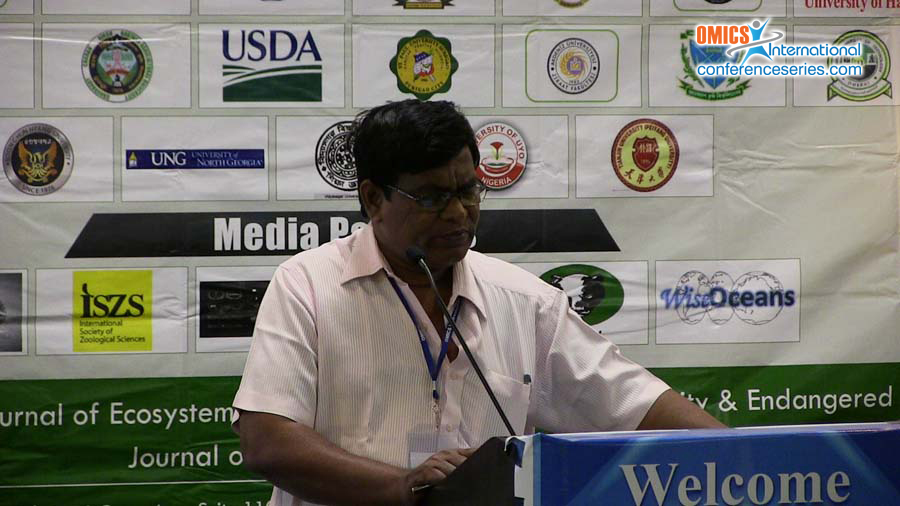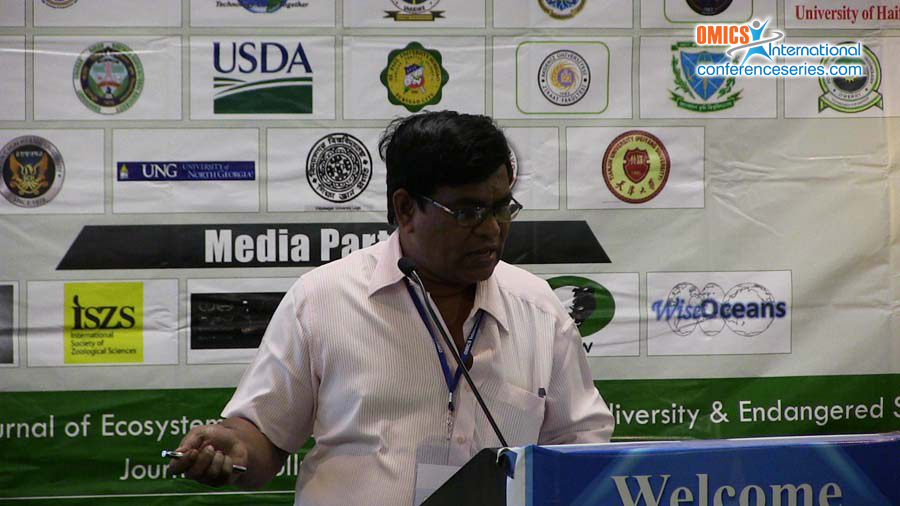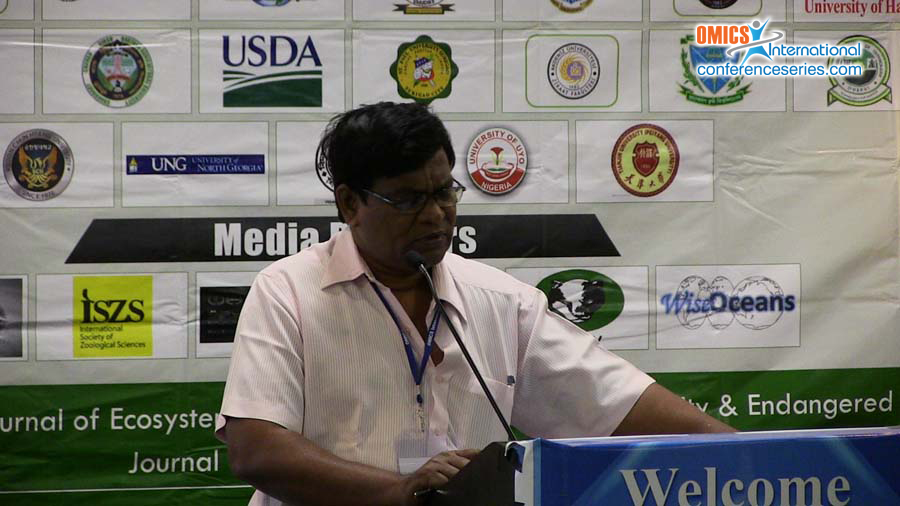
Jacob Solomon Raju Aluri
Andhra University, India
Title: Flower-Insect interactions and Biodiversity in the eastern ghats forest, India
Biography
Biography: Jacob Solomon Raju Aluri
Abstract
Insects visit flowers for their sustenance. They use pollen as protein source and nectar as energy source. The pollen they inevitably lose in going from flower to flower is important to plants for pollination. Different insects have different pollinating abilities depending on the floral density and floral morphological and functional characteristics. The interactions between insects and flowers appear to have led to the evolution of certain traits in them for mutualistic benefits. Insects require food throughout the year. Perennial, annual and ephemeral plants play a vital role in sustaining insects. These plants flower at different times and thus provide food to insects throughout the year. Among different plants, perennials, especially trees are very important to sustain insect diversity. In return, plants receive the benefit of self or cross-pollination. Among the insects, bees, wasps and butterflies were observed on different plant species that flower at different times of the year. The field work coupled with lab work indicated that both generalist and specialist pollination syndromes exist. Certain plants use all available insects for pollination while certain other plants have specialized floral traits that are adapted to particular classes of insects. In the Eastern Ghats forest, dry season is very crucial for the local insects due to the dearth of forage, this is because a few tree species flower at this time and serve as keystone plant species for the structural and functional integrity of the ecosystem. Further, in the study, some self-incompatible and obligately outcrossing endemic and endangered plant species have been encountered and they are obligately dependent on certain categories of insects for their fruit/seed set. The studies indicated that insect-flower interactions mostly mutualistic and their relationships are the basis for the continued existence of biodiversity in this forest ecosystem.



